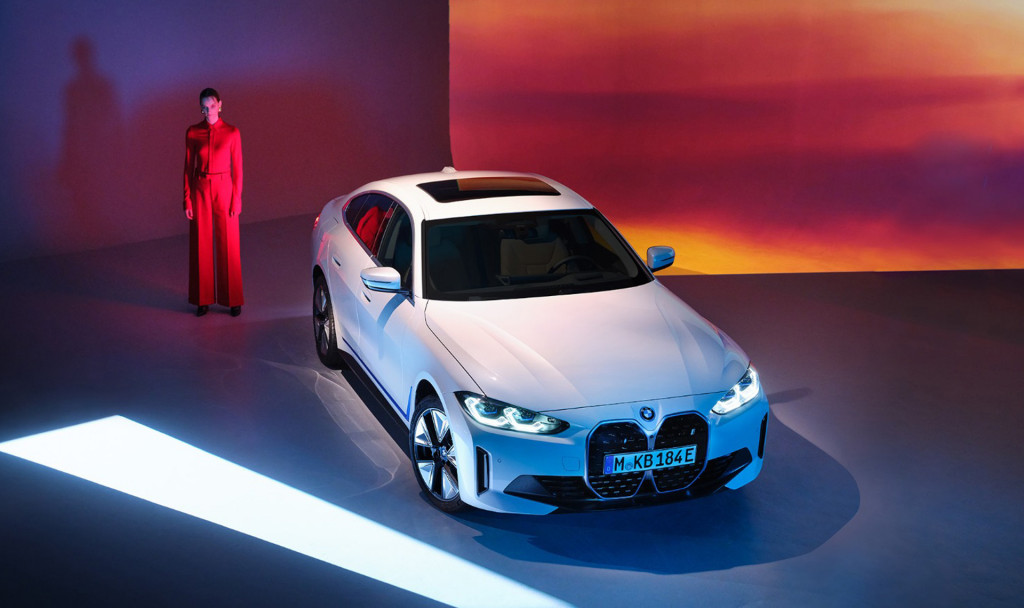BMW's original range of Neue Klasse (German for “New Class”) coupes and sedans introduced in the 1960s helped the automaker rise up from the depths of massive financial challenges and established the reputation for sporty and stylish executive cars that BMW still relies on today.
In the coming decade, as BMW embraces the electrification and digitalization forces reshaping the auto industry, the automaker will introduce what it deems is a new Neue Klasse. These vehicles will start arriving from 2025 and will be very different from BMWs of the past, including the automaker's new electric vehicles like the iX and i4 that are just about to arrive on the market.
The vehicles will be characterized by three key aspects: digitalization, electrification and sustainability. They will also be based on a new platform designed from the onset for electric powertrains, specifically BMW's next generation of electric motors and batteries.
In the area of digitalization, the operating system controlling all digital aspects of the vehicle will be designed to suit a region's specific digital ecosystem, for example offering a customer access to Google or Amazon services in North America and similarly services from Baidu and Alibaba in China. The operating system will also benefit from continuous updates to ensure it is always up to date. There will also be individually configurable and bookable features in future BMWs, providing the automaker with a new source of revenue.

2022 BMW i4
When it comes to electrification, BMW will continue with its current modular strategy where common powertrain modules for batteries and motors can be scaled up or down to cover all segments, from economy to high-performance. Hydrogen-electric powertrains could also be accommodated if the market demands it.
BMW vehicles will also take on a more aerodynamic design to help maximize range. As a result proportions will differ from the past, not only for aerodynamics but also to boost interior space.
Finally, there will be increased focus on sustainability. BMW is in the process of switching to renewable energy to power not only its own plants but also those within the supply chain, like how BMW is sourcing aluminum produced using solar energy. There will also be increased focus on using recycled materials wherever possible, which will also have the added benefit of protecting the automaker from rising raw materials prices. In this regard, BMW is designing its vehicles with end-of-cycle planning in mind. For example, it is essential that a vehicle's electrical systems can be easily removed prior to recycling, in order to avoid mixing the steel and copper contained in the vehicle's wiring harness.
You might be thinking the arrival of the new Neue Klasse will mean the end of the internal-combustion engine at BMW. This isn't the case as the automaker predicts that even by 2030 half its vehicles sold globally will have an internal-combustion engine, though most of these are likely to be electrified in some form.
